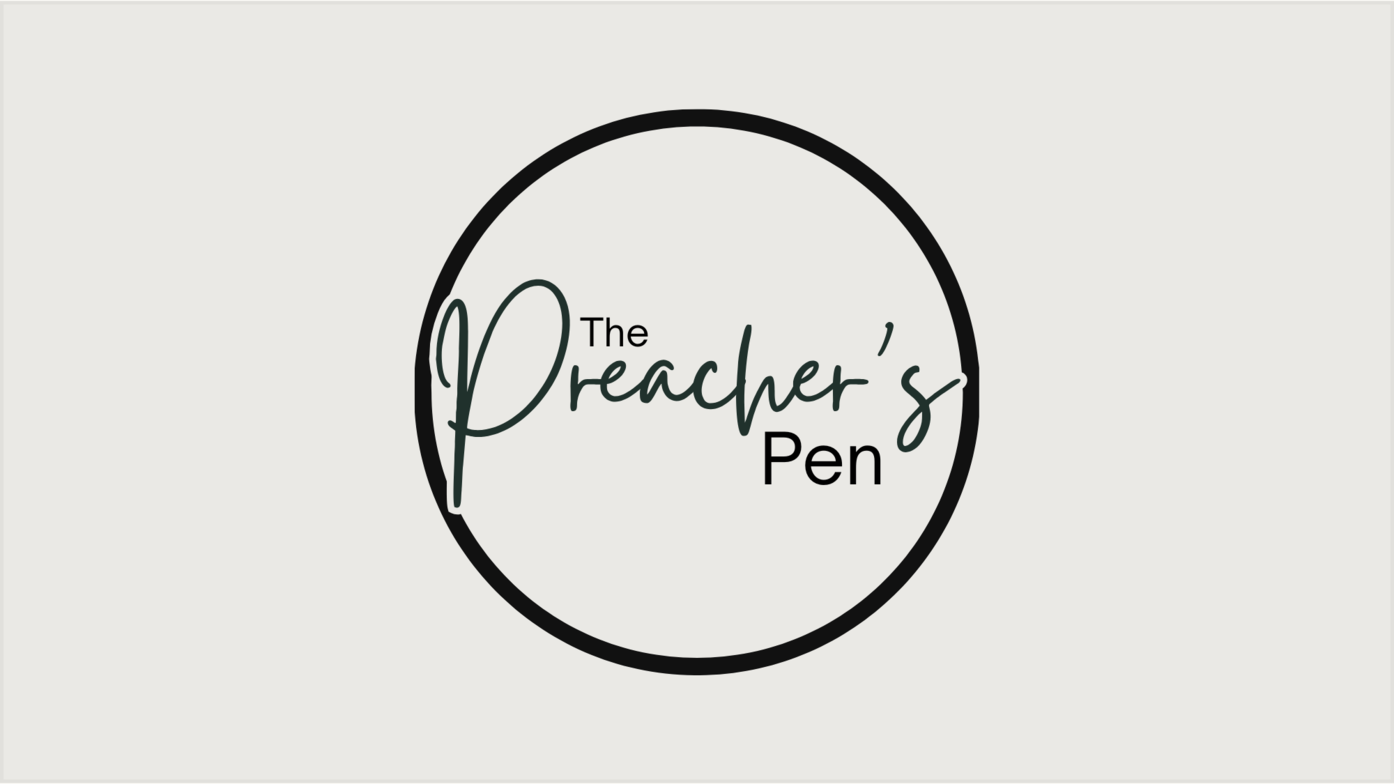WHAT RELIGION CANNOT DO


What Religion Cannot Do
Luke 10:30–33
Introduction
It is no secret—we live in a very religious world. Every nation, every people group, every person will worship something. Some may even say they have no god, but they still worship other things. Everyone has a religion or an object of worship.
A poll taken in 2021 revealed that 47% of Americans are members of a church or religious organization. Around the world there are five major religions—Christianity, Islam, Buddhism, Hinduism, and Judaism. Within these, there are an estimated 4,000 other religions, faiths, teachings, and denominations.
So yes—we live in a very religious world. But here’s the problem: with all of this religion, our world is still broken. Our homes are broken. Our government is broken. Our culture is broken. The reality is this: religion cannot fix a broken world.
What we need is not more religion, but a relationship with the God of heaven. There is a big difference. Religion is built on rules—keeping them, or not breaking them. Relationship is built on love—time spent with a Savior who knows us personally.
In Luke 10, Jesus told the story of a certain man beaten by thieves, stripped, wounded, and left half-dead. What a picture of our broken world! But when this man needed help most, religion passed him by. It was not until the Samaritan came that he found hope and life.
Let’s notice three things religion cannot do:
Point 1: Religion Cannot Stop the Bleeding
In verse 34, the Samaritan bound up the man’s wounds.
The priest—representing religion—saw the man but passed by on the other side. The Levite—representing the law—saw him but offered no help. Neither stopped the bleeding.
But the Samaritan, representing Jesus Christ, “came to where he was,” had compassion, and cared for him.
Friend, you may be trying to stop the bleeding in your life with religious activity—church attendance, rituals, good deeds—but religion alone cannot heal your wounds. If you look only to religion, you will leave still bleeding.
You don’t need religion. You need a relationship with the Great Samaritan of heaven—Jesus Christ. Only He can stop the bleeding of sin.
Point 2: Religion Cannot Lift You Up
Verse 30 says the man was left half-dead—too weak to stand, unable to lift himself. Religion and law walked by, but offered no strength.
But verse 34 says, “He set him on his own beast, and brought him to an inn.”
That’s what Jesus does! When you have no strength, He carries you. When you are too weak to walk, He lifts you up. When you are lying in the mud, He stoops down to raise you up.
Let’s not forget—
-
He was lifted up on the cross to save us.
-
He was lifted out of the tomb to give us victory.
We have a strong Savior with strong arms and a mighty grip. Hallelujah! He can pick you up today.
Point 3: Religion Cannot Pay Your Debt
One of man’s greatest struggles is trusting the finished work of Jesus Christ. Religion says, “Earn it. Be good enough. Balance the scales.” But the Bible says otherwise:
-
“All have sinned…” (Romans 3:23)
-
“The wages of sin is death…” (Romans 6:23)
The beaten man in Luke 10 had nothing to pay. He was helpless. But in verse 35, the Samaritan paid his debt.
That is what Jesus did at the cross. He paid a debt He did not owe. We owe a debt we cannot pay. But thank God—Jesus paid it all.
Religion cannot cancel your sin debt. Good works cannot erase it. The law cannot remove it. Only Jesus Christ, through His blood, paid the price once and for all.
Conclusion
Religion alone is powerless. It cannot stop your bleeding. It cannot lift you up. It cannot pay your debt.
But Jesus can.
-
He can heal your wounds.
-
He can lift you up.
-
He can pay your debt in full.
I love the church, and I believe the inn in this story represents the church—a place of care and community. But hear me—church without Jesus is just religion. Religion without Jesus is make-believe.
If you need help today, don’t just try religion. Try Jesus. He is the Great Samaritan who will stop the bleeding, lift you up, and pay your debt.
